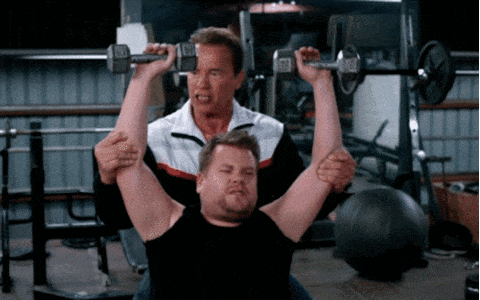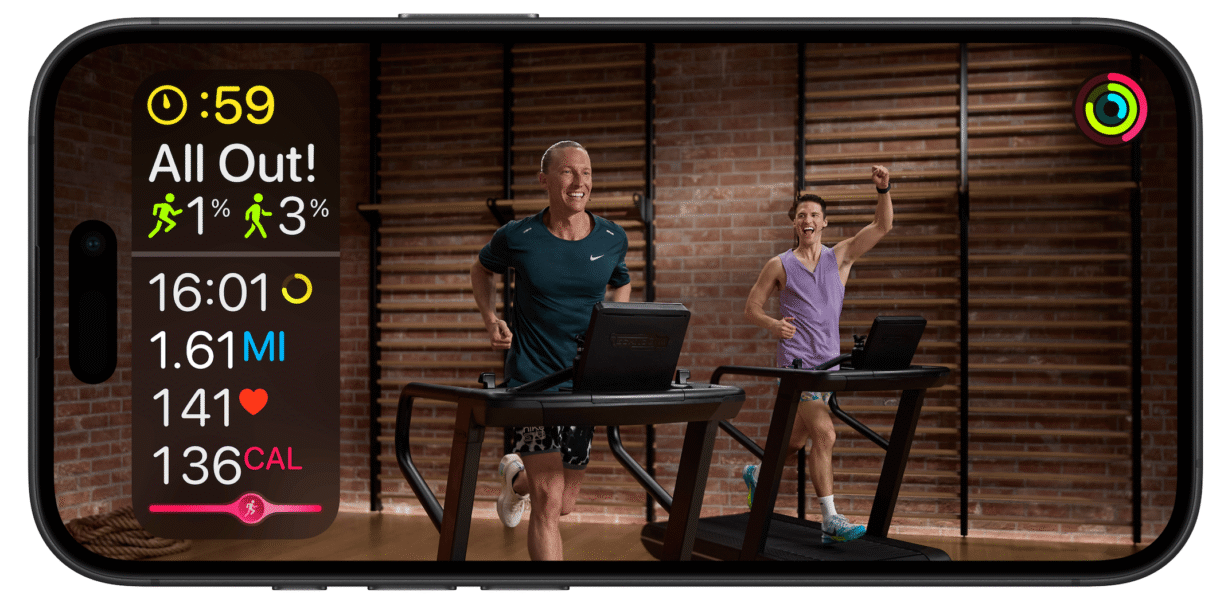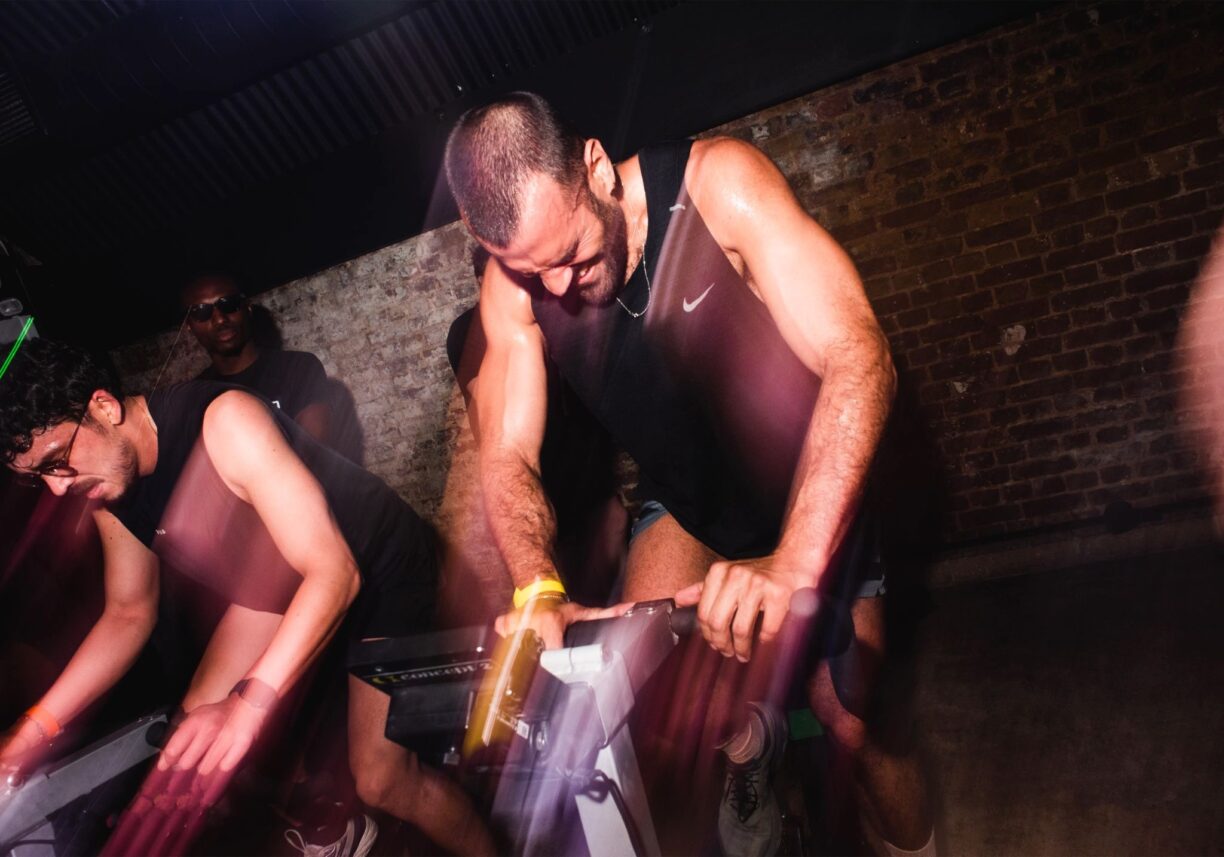When the alarm goes off in the morning and you drag yourself out of bed for an early morning workout, it’s natural to rely on our good old friend coffee for a pick-me-up.

But is that early-morning espresso pushing you further, or could the accompanying jitters, stomach issues and shakiness be hampering your athletic performance?
“Once in a while you find the holy grail of nutrition – something that tastes good while also really benefiting you.
For me, that’s coffee,” says sports nutritionist Jon Denoris (clubfiftyone.co.uk). “There’s lots of research out there to suggest that drinking coffee is good pre-gym ritual.
“A 2013 study, for instance, found that both caffeine and coffee consumed one hour prior to exercise can improve endurance-based exercise performance, like Spin, HIIT and running.
Some data also shows that caffeine ingestion, particularly when it comes to elite athletes, may also help to improve performance in team sports, sprint training, resistance training and power-based sports. ”
As well as helping you to sprint further or plank a new PB, Dr. Sarah Brewer, medical director at Healthspan says that gulping down a cup of the brown stuff before exercising has other benefits too. It could even help you to hit your weight loss goals.

“Caffeine and something called ‘chlorogenic acid’ found in green coffee (coffee beans that have not yet been roasted) can boost metabolism, so you burn more fat for energy and heat,” she says.
“There are 110 research papers that have studied the weight loss benefits of green coffee and the evidence appears to stack up.
The ‘magic’ weight loss ingredient in green coffee isn’t the caffeine though, it’s the rich content of chlorogenic acids, which means that decaffeinated green coffee beans are effective for weight loss too.”
Green coffee can be bought in whole bean form and used to make a hot drink (it’s said to taste more like herbal tea than coffee) or can be found as a supplement.
So far so great. But one important thing to note is that everyone has a different tolerance to coffee, so it’s important to moderate your intake.
That pre-workout latte might be fine, but throwing back several espressos might lead to heightened anxiety and stomach upset that can kill your performance and have you rushing to the toilet.

Denoris says that it’s the CYP1A2 gene in the body that controls the enzyme that determines how you metabolise caffeine.
Those who can metabolise it fast tend to benefit most from a caffeine boost, as it leaves your system quickly.
If you’re a slow metaboliser though, it means your body doesn’t get rid of the caffeine efficiently, so you feel its effects harder and longer.
If you really want to know how much coffee you should be drinking to benefit your athletic performance, Denoris suggests testing your DNA with a home kit, like DNAfit.
“When I had my genetic profile studied, the results revealed that I was CYP1A2 ‘AA’ – which means that I’m a fast metaboliser that benefits from caffeine.
Anecdotally, I know that I can tolerate coffee pretty well, so I wasn’t surprised to see that the genetics backed this up.”

So what does a nutritionist say?
“It’s perfectly fine to drink coffee before a workout but if you’re really sensitive to it then watch how much you drink, as this could cause digestive upset which isn’t very pleasant when your about to workout,” says nutritionist Rob Hobson.
“Caffeine has long been used as an ergogenic aid to help with performance and research has shown how caffeine can improve performance during intense exercise lasting five to 20 minutes.”

That being said, Hobson is keen to stress that you shouldn’t substitute a good healthy breakfast for a cup of coffee, but rather see it as a nice accompaniment to wash it all down with.
“Food is fuel and this means eating a good balance of carbohydrate, healthy fats and protein,” he says, “so don’t skip meals in favour of coffee and see it as an additional booster to include alongside your normal dietary regime.”





